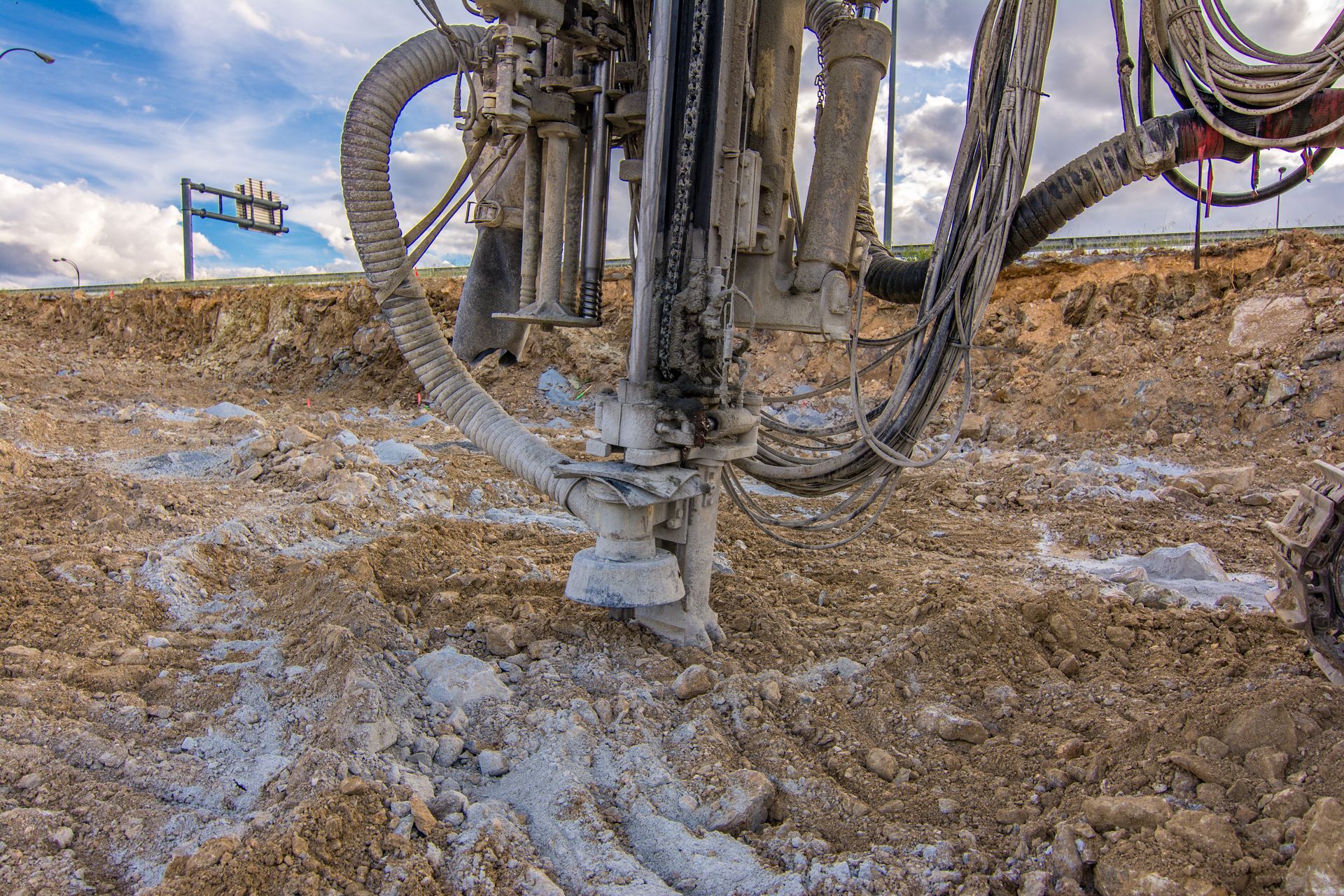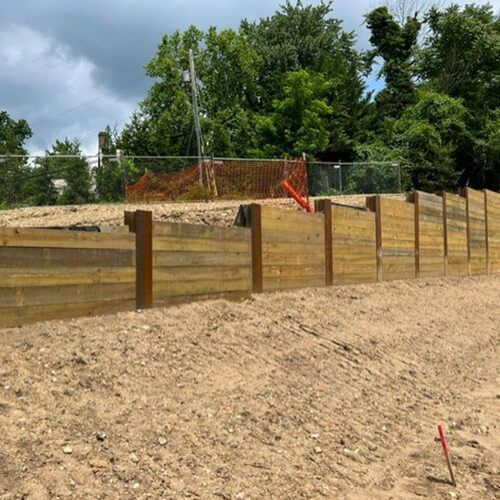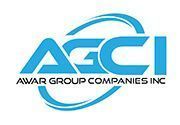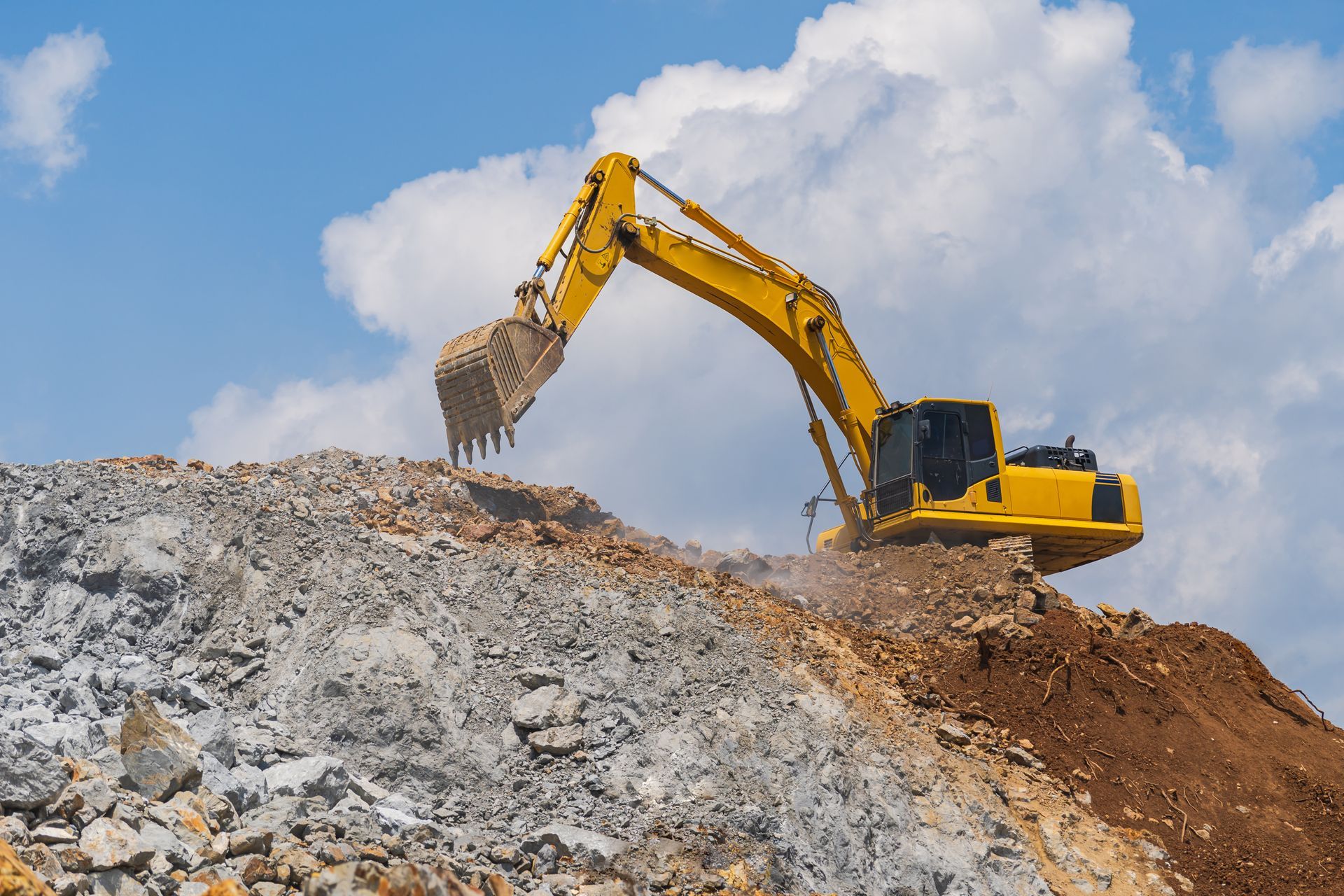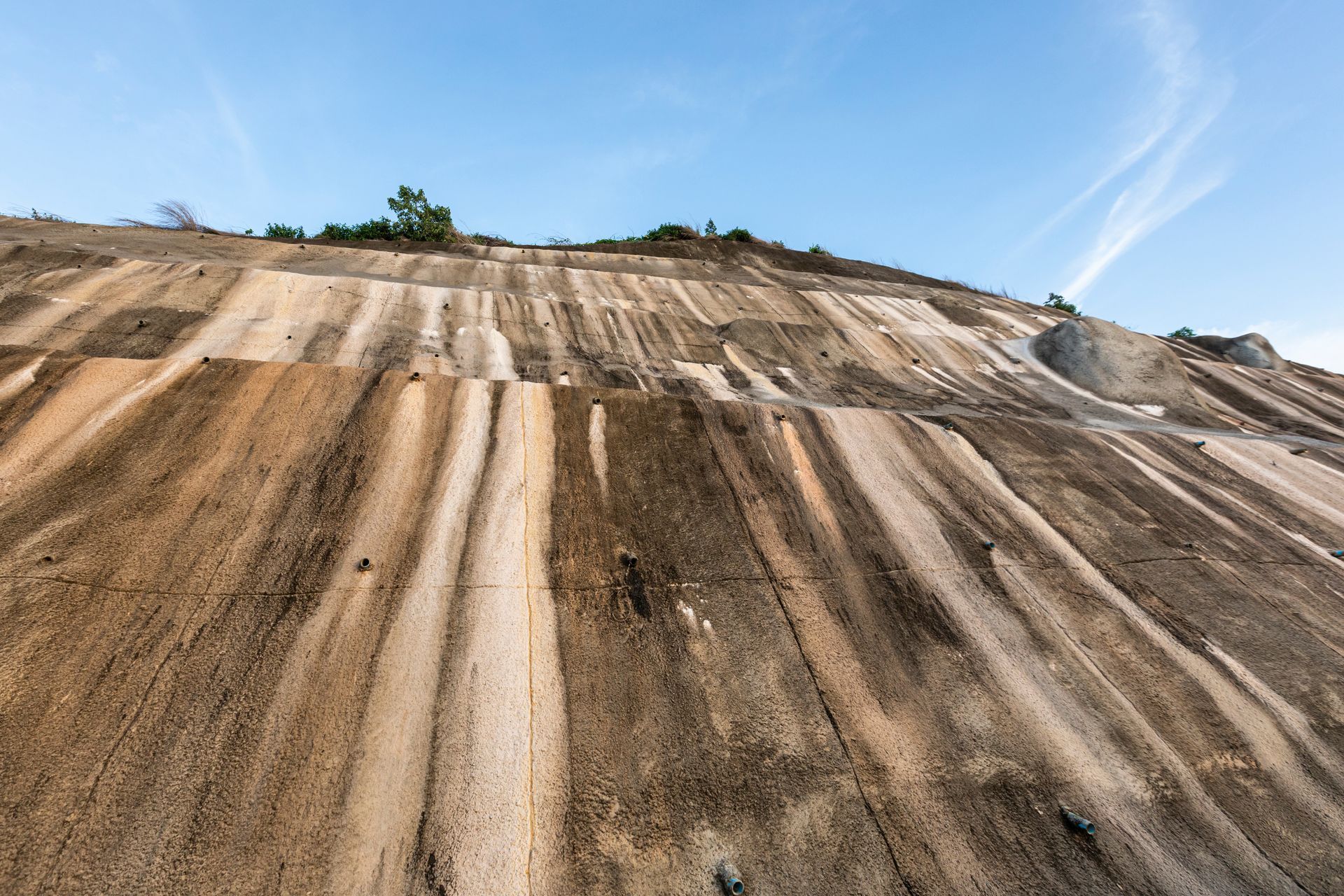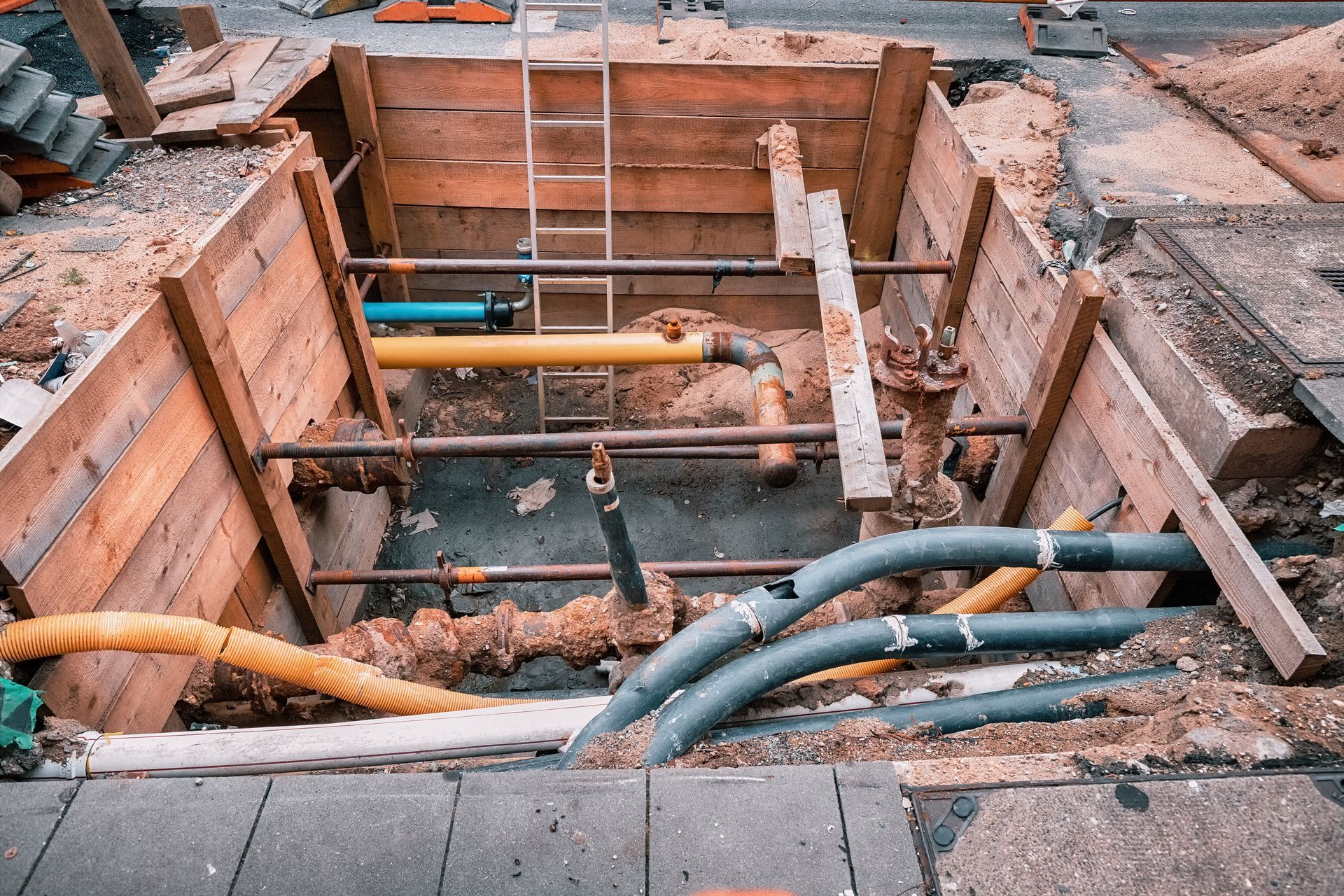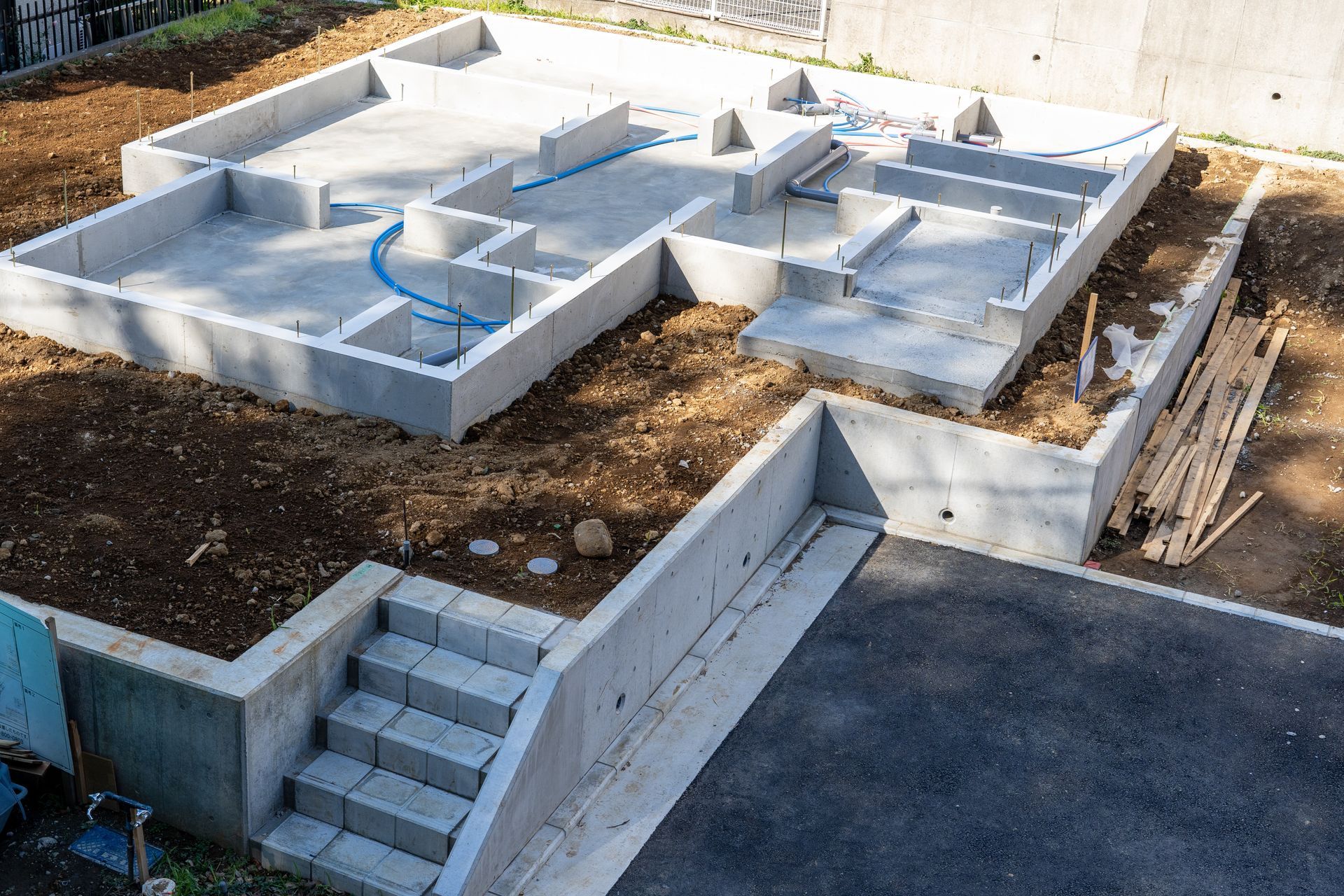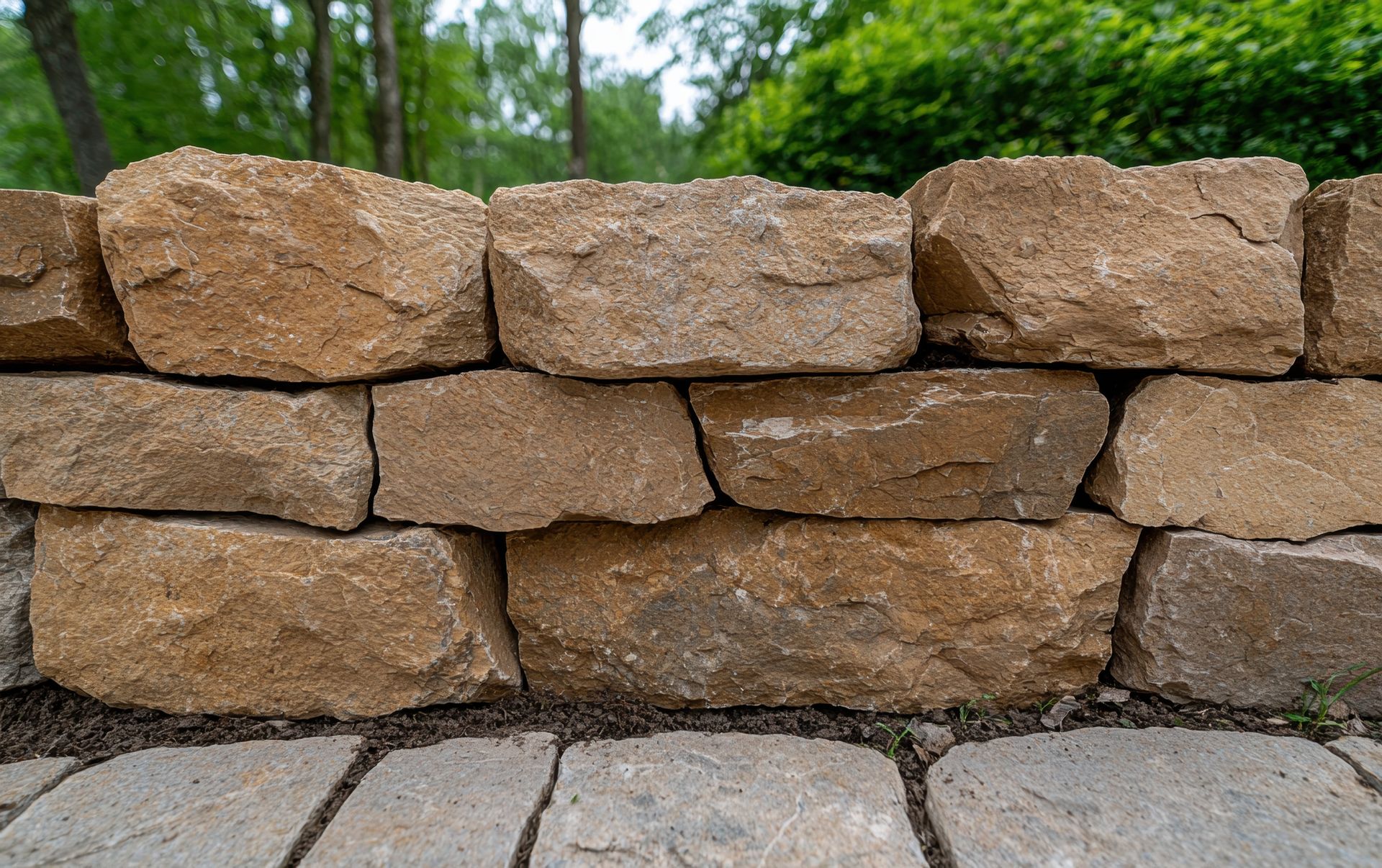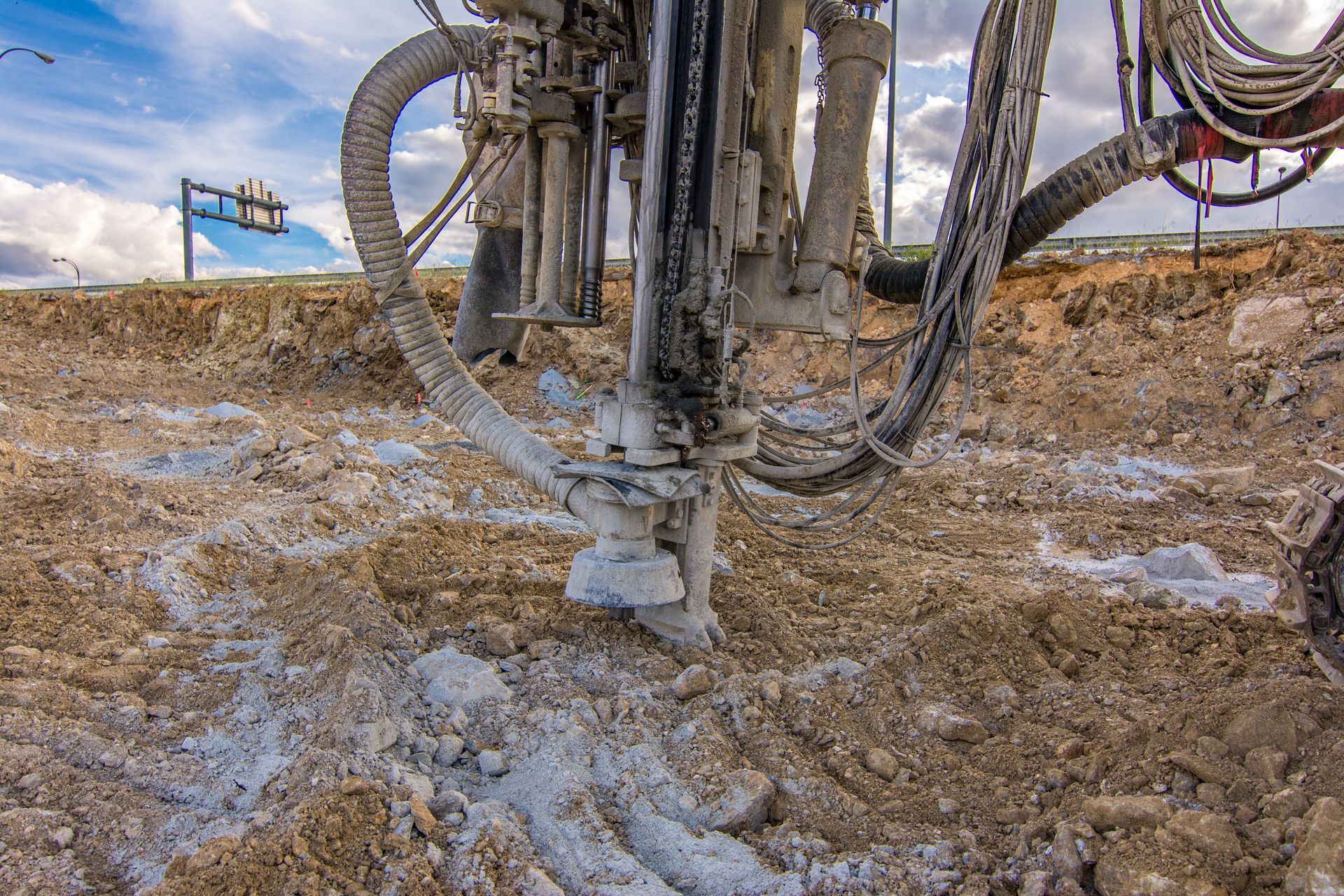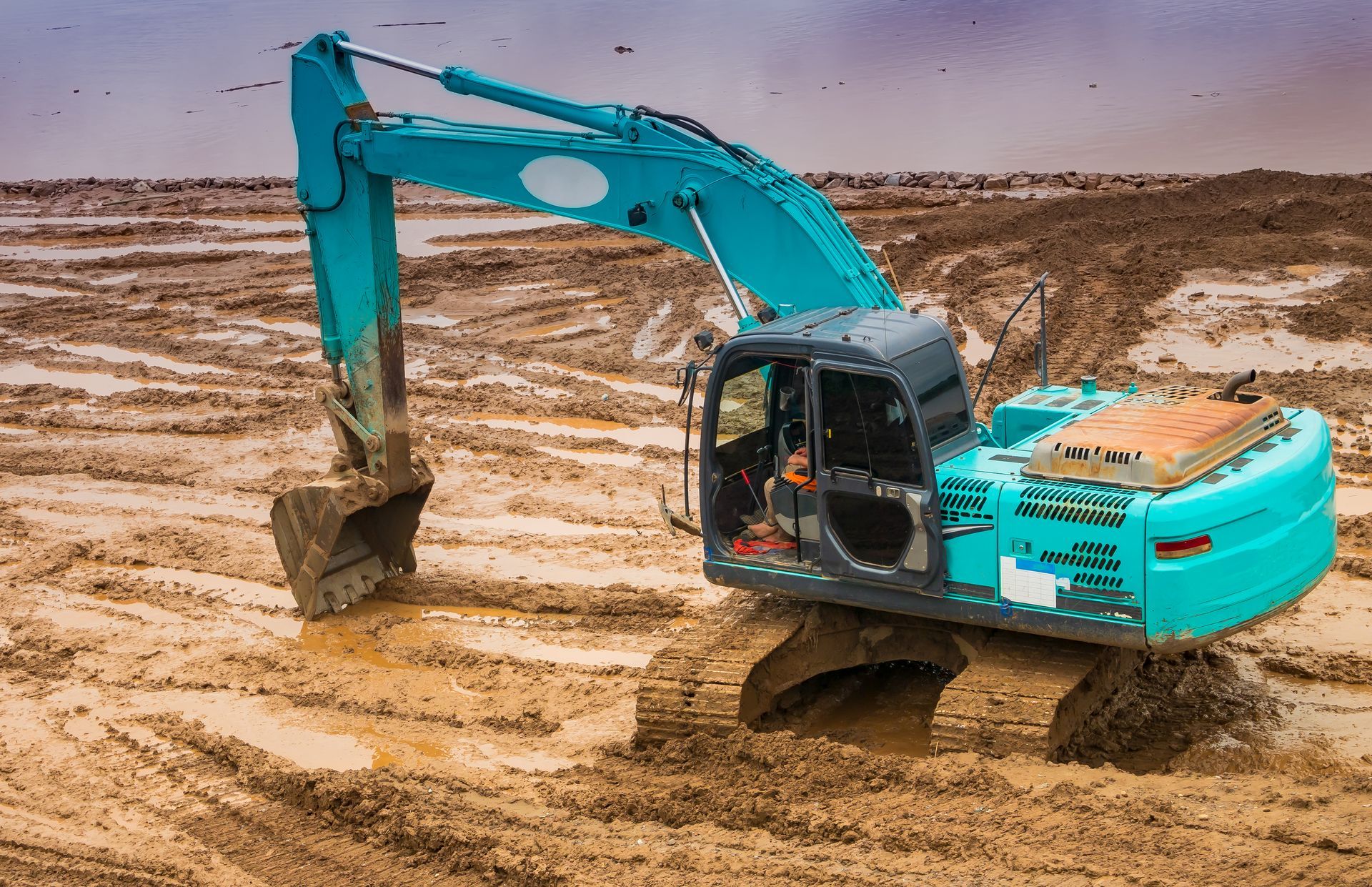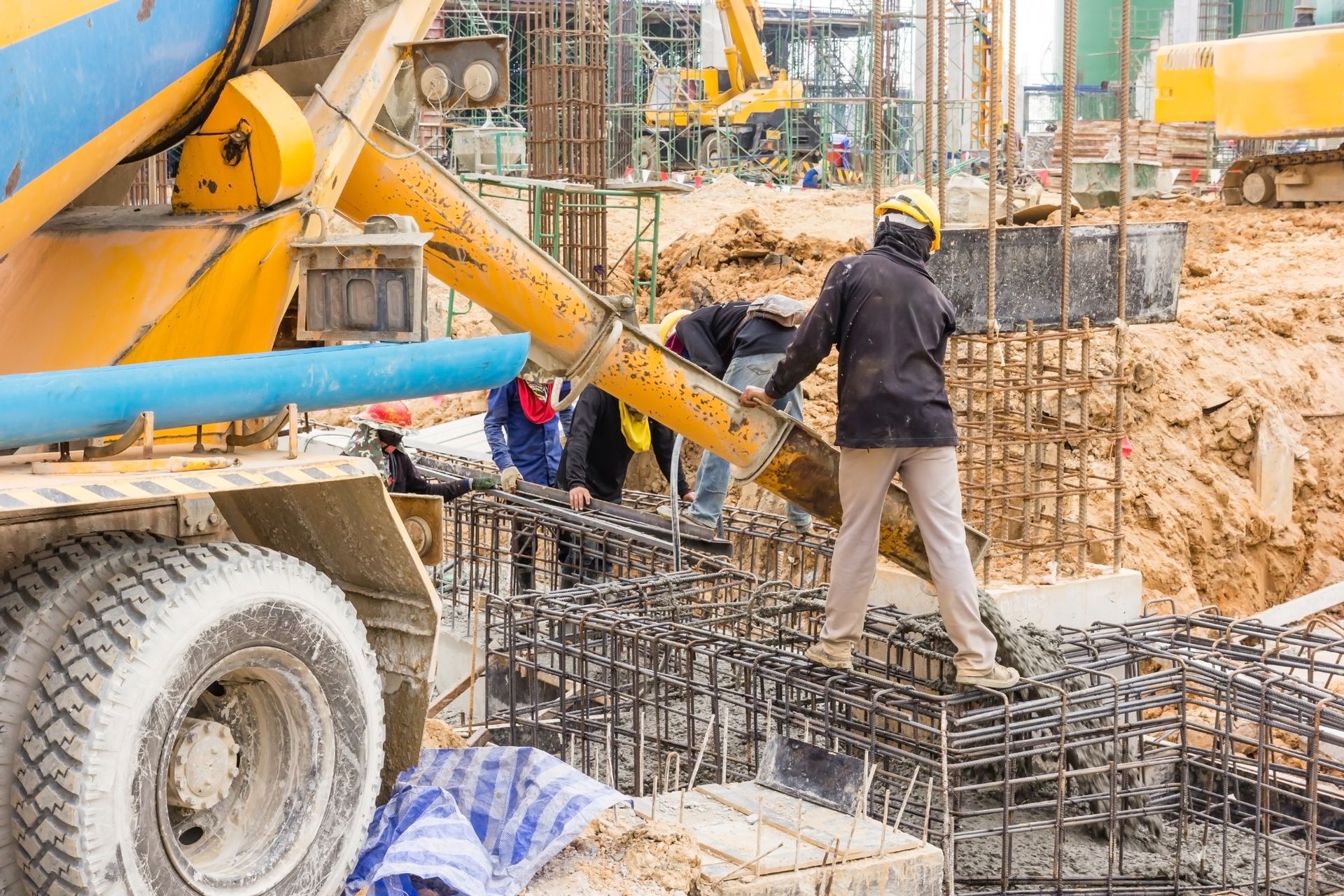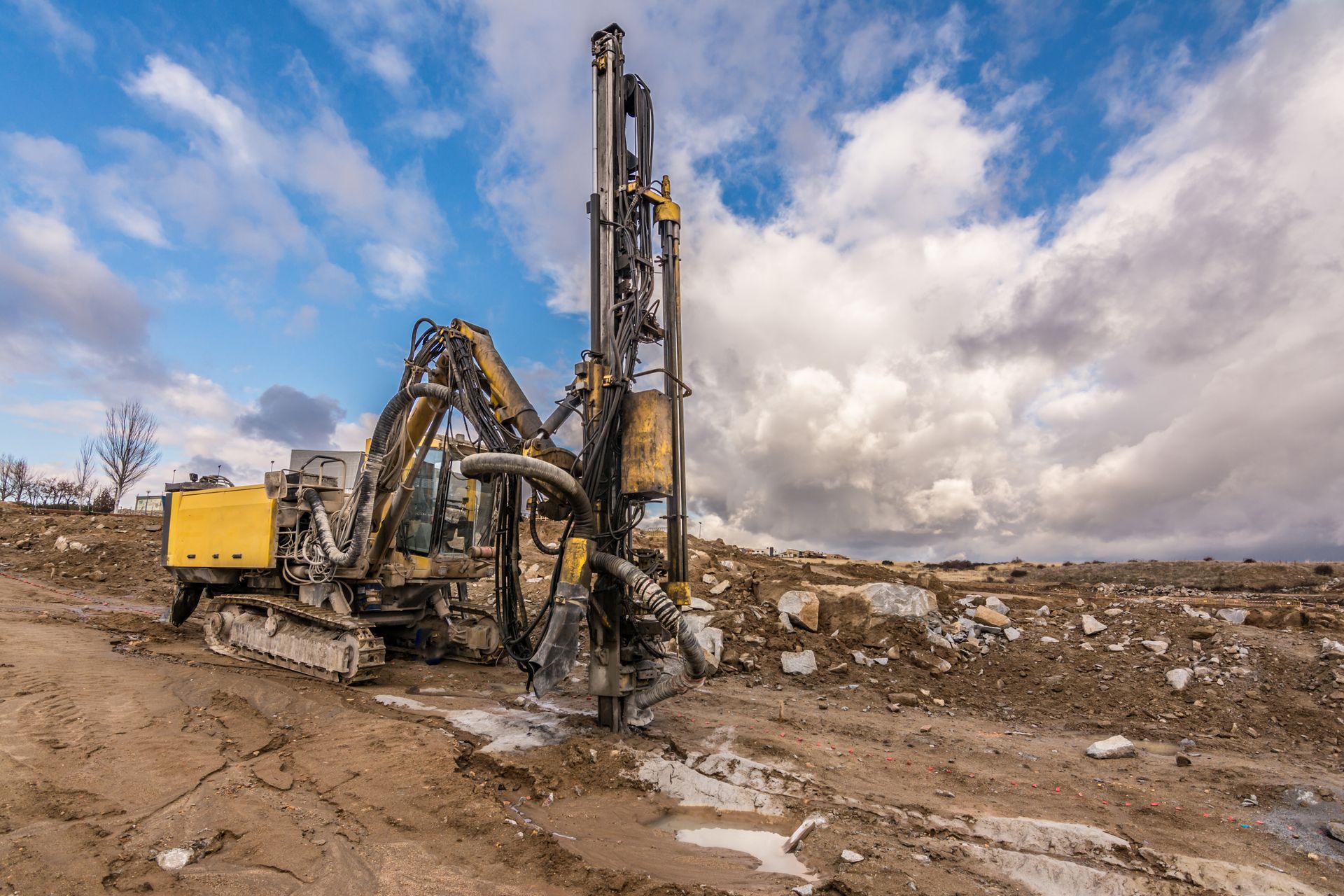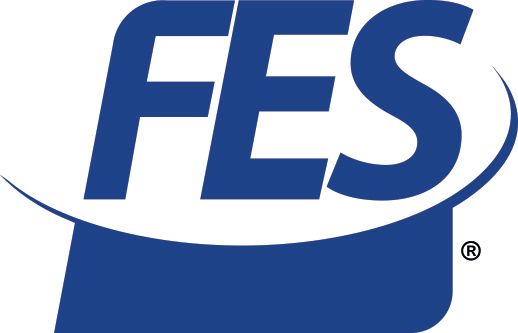The Importance of Excavation Support Services in Complex Construction Projects
When you think of a major construction project—skyscrapers, underground transit systems, high-rise foundations—the visible structure often captures your imagination. But beneath the surface, one of the most critical elements ensuring project success is excavation support services. Especially in demanding urban environments like Washington, DC, at Awar Group Companies, Inc., providing top-tier deep excavation support and temporary excavation support is crucial to protect adjacent structures, maintain safety, and deliver stable foundations. Let’s uncover why excavation support services are indispensable in modern construction.
Understanding Excavation Support Services
Excavation support services involve engineered systems—shoring, bracing, sheeting—designed to stabilize soil and prevent collapse during earthwork. In complex construction, especially where depths exceed typical residential settings, these measures guard against cave-ins, structural damage, and hazardous conditions.
Deep
excavation support system takes this to the next level: designing for excavations that go many meters below grade. At Awar Group Companies, Inc., we specialize in precisely that—strategizing and implementing systems tailored to Washington, DC’s unique soil conditions and construction pressures.
Why Temporary Excavation Support Is Vital
Even when support is eventually removed,
temporary excavation support
plays a lasting role. Its true value lies in enabling safe, efficient operations. Here are three main reasons it’s critical:
Worker Safety
Soil collapse is among the most dangerous risks on a construction site. With proper
temporary excavation services, like trench boxes and hydraulic shores, hazardous cave-in risks are mitigated, giving workers a safe environment to complete deep work.
Structural Protection
Trenching near existing buildings or roads can destabilize foundations if not properly retained. Effective shoring protects not just the jobsite, but also nearby infrastructure and utilities.
Operational Efficiency
Soils prone to sloughing can halt progress without support. Investing in temporary excavation support ensures continuous productivity and helps meet project timelines.
Critical Applications in Complex Construction
1. High‑Rise and Underground Foundations
In Washington, DC’s dense urban core, erecting tall buildings often requires deep basements or underground parking. Without engineered excavation support, like diaphragm walls or soldier pile systems, deep trenches would collapse, jeopardizing entire foundations.
At Awar Group Companies, Inc., our engineers design
deep excavation support tailored to each site’s soil profile and depth. We integrate monitoring and dynamic adjustments throughout the excavation sequence to maintain integrity and safety.
2. Infrastructure and Transit Projects
Excavations for tunnels, utility vaults, and rail infrastructure require precise, sustained support. Temporary
excavation support systems protect public assets, maintain utility connectivity, and keep transit operations running.
Our geotechnical experts collaborate with engineers and client teams to implement systems that meet excavation requirements, city regulations, and allow space for equipment, personnel, and services during construction.
3. Retaining Walls and Soil Stabilization
For hillside or waterfront projects, preventing slope failures is critical. Our deep
Excavation Wall Support often include permanent retaining structures like anchored sheet piles, soldier pile walls, or soil nail walls. These systems provide immediate stability and long-term performance.
The Awar Group Companies, Inc. Approach
As a premier provider of
excavation support services in the Washington, DC region, Awar Group Companies, Inc. offers a holistic, expert-led approach:
1. Thorough Geotechnical Investigation
Every effective excavation project starts with soil evaluation. We conduct advanced
geotechnical investigation services—including drilling, sampling, and laboratory testing—to fully understand subsurface conditions. This ensures our support solutions are both safe and cost‑effective.
2. Tailored Design and Engineering
Every site is unique in soil profile, depth, proximity to structures, and regulatory context. Our engineering team crafts custom designs for
deep excavation support, employing methods like cantilevered soldier piles, anchored walls, or secant/diaphragm walls.
3. Regulatory Compliance and Permitting
In historic and complex urban settings like our nation’s capital, compliance with local codes and utilities is mandatory. We manage everything—from permit coordination to engineering report submittals—minimizing delays.
4. Expert Installation and Monitoring
Installing temporary excavation support requires precision. Our field teams are trained to execute systems as engineered and to continuously monitor performance. Using inclinometer readings and visual inspections, we maintain vigilance throughout excavation.
5. Integrated Project Communication
We work with general contractors, structural engineers, and city agencies to ensure excavation support aligns with the overall schedule and design needs. This integrated communication reduces conflicts and maximizes efficiency.
Benefits of Investing in Quality Excavation Support
Safety and Risk Management
Investing in support systems mitigates soil collapse, protects workers, and guards adjacent structures. Insurance rates, liability exposure, and remedial costs all decline when excavation is engineered and maintained responsibly.
Cost‑Effective Scheduling
While upfront costs exist, robust support systems reduce downstream delays, rework, and emergency stabilization. With Awar Group’s proactive design and monitoring, projects stay on track.
Preservation of Urban Assets
When excavating near existing infrastructure, support systems prevent service disruptions. This is especially critical in densely built districts of Washington, DC, where excavation setbacks can halt everyday activity.
Structural Performance and Durability
Our permanent support designs—such as retaining structures and anchored walls—enhance project longevity and aesthetics. We balance structural performance with cost and design elegance.
Enhance Your Property in Washington, DC with Awar Group Companies, Inc.
Our retaining wall construction adheres to local codes and industry best practices, providing you with a safe and reliable structure.
Let’s discuss how we can support your next complex build: Call us today at (757) 287‑1737. Some of our services include
geotechnical investigation,
retaining walls,
helical piles,
drainage improvements, and
more.
FAQ
What is included in “excavation support services”?
Excavation support services encompass planning, engineering, permitting, installation, monitoring, and removal of temporary or permanent systems, such as shoring walls, tiebacks, trench boxes, and retaining walls, to keep excavations stable.
Why is deep excavation support necessary for high-rise basements?
High-rise structures require deep underground elements. Without engineered support, soil collapse risks escalate exponentially with depth. Deep excavation support ensures trench walls remain stable and adjacent buildings are protected.
What is the difference between temporary and permanent excavation support and permanent?
Temporary excavation support is installed to protect workers and structures during construction. Permanent support systems (retaining walls, anchors) stay in place post‑project to support long-term loads and ground behavior.
Is temporary excavation support expensive?
Cost depends on depth, soil type, and site complexity. While up-front expenses exist, the cost of accidents, delays, and damage often far exceeds the investment in proper temporary excavation support. ROI is seen in safety and schedule certainty.
How do you choose the best support method?
We base the design on geotechnical data, excavation depth, site constraints, and adjacent structures. For example: soldier piles for moderate depth, diaphragm walls for high loads, micro‑piles for confined conditions. Our engineers recommend options based on performance, cost-effectiveness, and safety.
